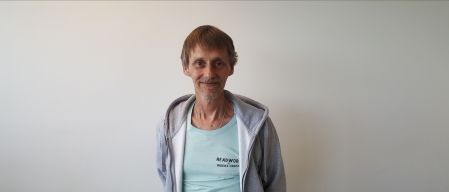
A GROUP of people affected by cancer are using their knowledge to help shape the experience of other patients.
The Macmillan Living With and Beyond Cancer Advisory Board meets every three months. At each meeting, the panel acts as a ‘reality check’ to ensure that the needs of people affected by cancer are being considered. The panel also helps make investment decisions made by the programme.
Advisory Board members also attend the Programme Executive Board where the final decisions are made and money is committed; ensuring the patient voice is always heard.
Advisory board member Paul Vose was diagnosed with throat cancer in 2006 and has been living with the effects of his cancer treatment ever since.
Paul had to give up his job as a bank manager because of the side effects of his treatment, but he says volunteering for roles such as this has given him a new purpose, as well as enabling him to give something back to Macmillan Cancer Support.
“We’re looking at things with a patient’s eye, so taking a different view, and we can put that to the people who make decisions.
“When you have been through the system yourself, you can give feedback – both positive and negative.”
Paul says sitting on the board makes him feel that the patients’ voice is being recognised. He also values the opportunity to chat to the other board members and learn about their experiences.
“It really does make a difference and, hopefully, patients will have a better experience by us sharing ours.
“When you have had a busy professional life and that stops, you have to fill your time with something. And this feels very rewarding.
“It’s about giving what you can, while you can.”
Richard Metcalfe, Macmillan Programme Lead, The Macmillan Living With and Beyond Cancer programme , echoed the importance of the Advisory Board. He added:
“From day one of the Macmillan Living With and Beyond Cancer Programme, we made a commitment to put the views of people affected by cancer at the centre of our aim to improve regional cancer care and support.
“The advisory board gives people affected by cancer the opportunity to use their knowledge and experience to help inform our work and their feedback is a vital part of ensuring that the patient voice is always at the heart of any decision making.”
